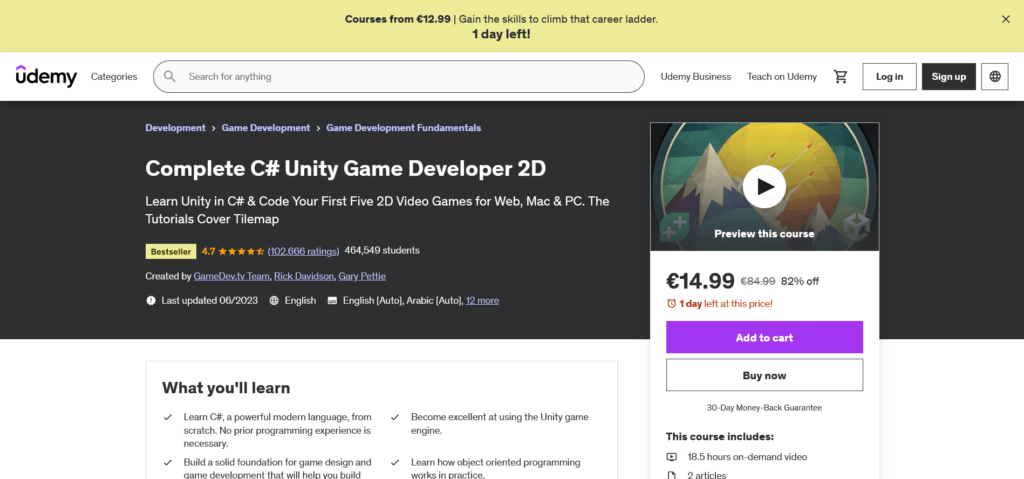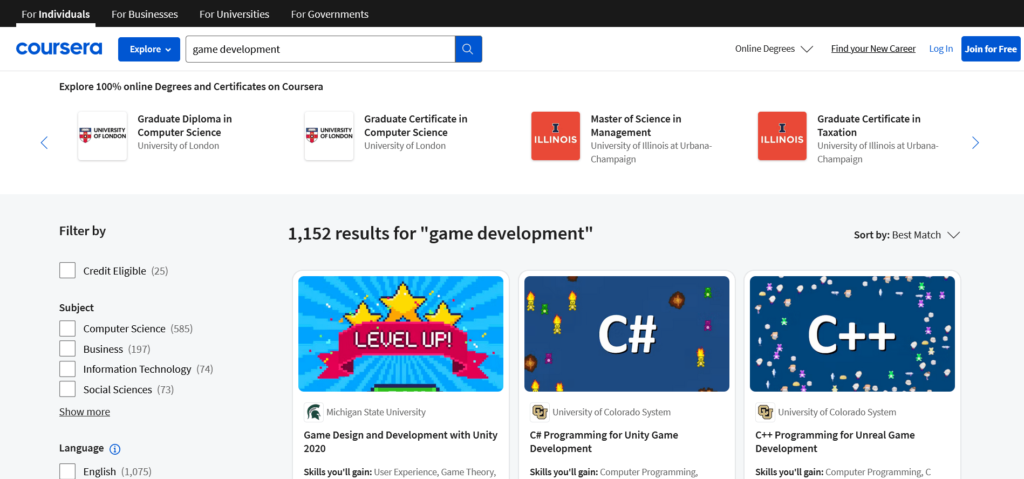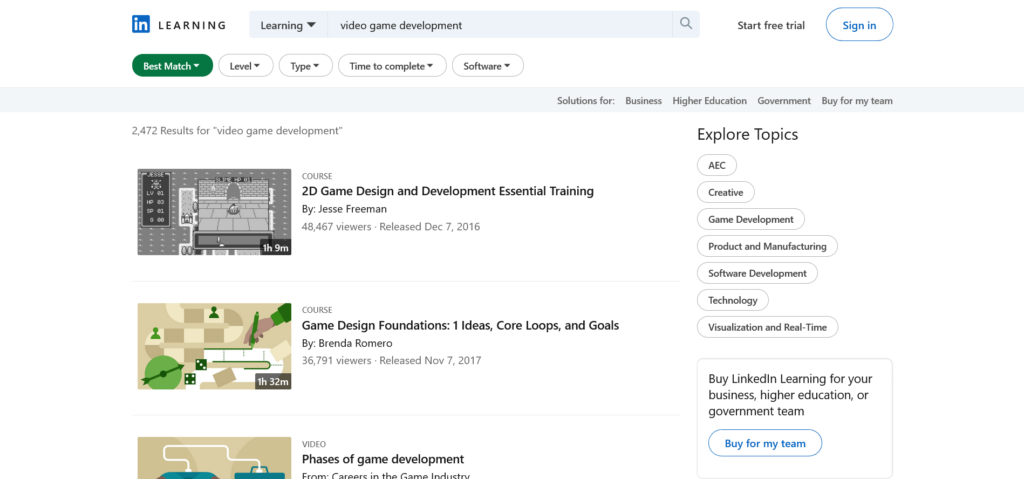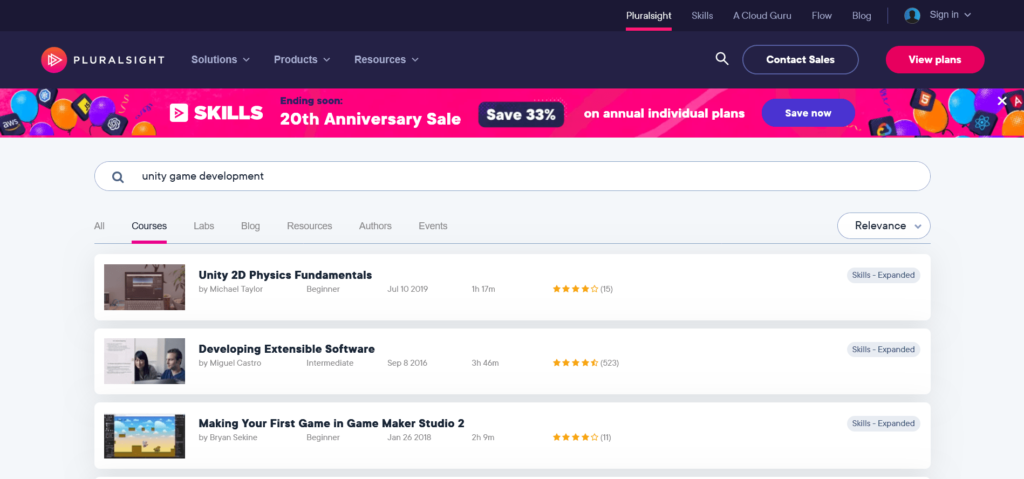Introduction
In the dynamic world of video game development, the role of a video game producer stands as a pivotal force driving projects towards success. Understanding the multifaceted landscape of game creation, a video game producer takes on a diverse array of responsibilities, shaping the trajectory of development from inception to release. From overseeing project timelines and budgets to coordinating with various teams, the job responsibilities of a video game producer encompass a spectrum of tasks crucial for delivering exceptional gaming experiences. In this article, we delve into the intricate workings of this role, exploring the Job Responsibilities of a video game producer in depth to unveil the key components that contribute to the seamless execution of gaming projects.
Project Management
One of the primary responsibilities of a video game producer is project management. This involves overseeing the entire development process, from conception to release. A producer must ensure that the project stays on schedule and within budget while meeting quality standards.
Example: Imagine a video game producer working on a highly anticipated AAA title. They would be responsible for creating and maintaining a detailed production schedule, coordinating tasks among various teams (such as design, programming, and art), and monitoring progress to ensure deadlines are met.
Team Leadership
A video game producer is also responsible for leading and motivating the development team. This involves providing clear direction, resolving conflicts, and fostering a collaborative environment where creativity can thrive.
Example: Consider a producer overseeing a team of artists and animators working on character design for a new game. The producer would need to provide feedback, address any issues that arise, and ensure that the team stays motivated and focused on their goals.
Communication
Effective communication is essential for a video game producer. They must liaise between various departments, stakeholders, and external partners to ensure everyone is aligned with the project’s vision and goals.
Example: Suppose a video game producer is working with a licensed IP for a game adaptation. They would need to communicate regularly with the IP holder to ensure the game stays true to the brand while also meeting the expectations of the development team and the target audience.
Risk Management
In the volatile world of game development, unforeseen challenges and risks are common. A video game producer must identify potential risks early on and develop strategies to mitigate them to ensure the project’s success.
Example: Imagine a producer overseeing the development of a multiplayer game with complex networking requirements. They would need to anticipate potential technical challenges, such as server issues or connectivity problems, and work with the engineering team to implement robust solutions.
Quality Assurance
Ensuring the quality of the final product is another crucial responsibility of a video game producer. This involves conducting regular playtests, gathering feedback, and making necessary adjustments to ensure the game meets the highest standards of quality.
Example: Consider a producer organizing a beta test for an upcoming game release. They would coordinate with testers to gather feedback on gameplay mechanics, identify any bugs or glitches, and work with the development team to address them before the game’s official launch.

Top Online Education Platforms for Aspiring Video Game Producers
Online education platforms can provide valuable resources and courses tailored to aspiring video game producers, offering a pathway to acquiring the skills and knowledge necessary for a successful career in the dynamic world of video game development. Whether you’re looking to master project management methodologies, enhance your leadership skills, or delve into the intricacies of game design, these platforms offer a wealth of opportunities to unlock your potential as a video game producer.
Udemy

Udemy is a leading online learning platform that offers a plethora of courses on video game production. Aspiring producers can find courses covering project management, team leadership, communication skills, and other essential aspects of the role. With courses taught by industry experts, Udemy provides a flexible and accessible learning experience.
Coursera

Coursera partners with top universities and institutions worldwide to offer high-quality online courses, including those related to video game production. Aspiring producers can enroll in courses that cover project management methodologies, game development processes, and industry trends. Coursera’s platform also offers certifications upon course completion, enhancing your credentials in the job market.
LinkedIn Learning

LinkedIn Learning provides a vast library of online courses, including a variety of resources for aspiring video game producers. From courses on agile project management to leadership and communication skills, LinkedIn Learning offers valuable insights tailored to the specific needs of video game production professionals. Plus, LinkedIn Learning integrates seamlessly with LinkedIn profiles, showcasing your newfound skills to potential employers.
Skillshare

Skillshare is an online learning community that offers courses on a wide range of topics, including video game production. Aspiring producers can explore courses covering game design principles, production management techniques, and collaboration strategies. Skillshare’s platform also fosters a vibrant community of learners, allowing you to connect with fellow aspiring producers and industry professionals.
Pluralsight

Pluralsight specializes in technology-focused courses and offers a selection of courses relevant to video game production. From courses on software development methodologies to game design fundamentals, Pluralsight provides comprehensive resources for aspiring producers looking to enhance their technical skills and industry knowledge.
Top 10 Questions and Answers About VIdeo Game Producer Job Responsibilities
1. What Does a Video Game Producer Do?
A video game producer is a key player in the development process, overseeing the entire project from conception to release. Their responsibilities include project management, team leadership, communication, risk management, and quality assurance.
2. How Does a Video Game Producer Manage Project Schedules?
Video game producers meticulously create and maintain production schedules. They allocate tasks to different teams, monitor progress, and ensure the project stays on track. Tools like Gantt charts and project management software are often employed to streamline the process.
3. What Skills Are Essential for a Video Game Producer?
Successful video game producers possess a diverse skill set, including leadership, communication, problem-solving, and project management skills. Adaptability and a deep understanding of the gaming industry are also crucial.
4. Can You Provide Examples of Team Leadership in Video Game Production?
Certainly. A video game producer leads by example, providing clear direction and resolving conflicts within the development team. For instance, they might guide artists and animators in achieving the desired aesthetic for a game.
5. How Does a Video Game Producer Communicate Across Departments?
Effective communication is paramount. Producers liaise between various departments, stakeholders, and external partners. This might involve regular team meetings, status updates, and collaboration tools to ensure everyone is on the same page.
6. What Challenges Do Video Game Producers Face in Risk Management?
Video game producers face various challenges in risk management, such as anticipating technical issues, market fluctuations, or unexpected hurdles. Real-time problem-solving and strategic planning are essential to navigate these challenges successfully.
7. How Does Quality Assurance Fit into a Video Game Producer’s Role?
Quality assurance is a vital aspect of a video game producer’s responsibilities. They organize playtests, gather player feedback, and collaborate with the development team to refine gameplay mechanics and eliminate bugs before the game’s launch.
8. Can a Video Game Producer Work on Multiple Projects Simultaneously?
In some cases, yes. Video game producers with advanced project management skills may handle multiple projects concurrently. However, this depends on the complexity and scale of the projects.
9. How Does a Video Game Producer Collaborate with IP Holders?
Collaboration with intellectual property (IP) holders involves regular communication to ensure the game aligns with the brand. Producers work closely with IP holders to maintain authenticity while meeting the expectations of both the development team and the target audience.
10. How Does a Video Game Producer Adapt to Industry Trends?
Video game producers must stay abreast of industry trends, emerging technologies, and player preferences. Continuous learning, attending industry events, and networking help producers adapt and ensure their projects remain relevant in the ever-changing gaming landscape.
These answers provide a comprehensive understanding of the job responsibilities of a video game producer, shedding light on the intricacies of their multifaceted role in shaping the gaming experiences we cherish. As the gaming industry continues to evolve, so too will the responsibilities of these unsung heroes behind our favorite virtual worlds.
Conclusion
In conclusion, through meticulous planning, effective communication, and strategic decision-making, Video Game Producers ensure that projects thrive amidst the complexities of game creation. As we’ve explored the Job Responsibilities of a Video Game Producer throughout this article, it becomes evident that their contributions extend far beyond mere project management—they are the architects of gaming experiences, orchestrating the fusion of creativity and technology to bring captivating worlds to life. Embracing the diverse challenges and opportunities within their purview, Video Game Producers exemplify the dedication and passion that propel the gaming industry forward, shaping its future one masterpiece at a time.














